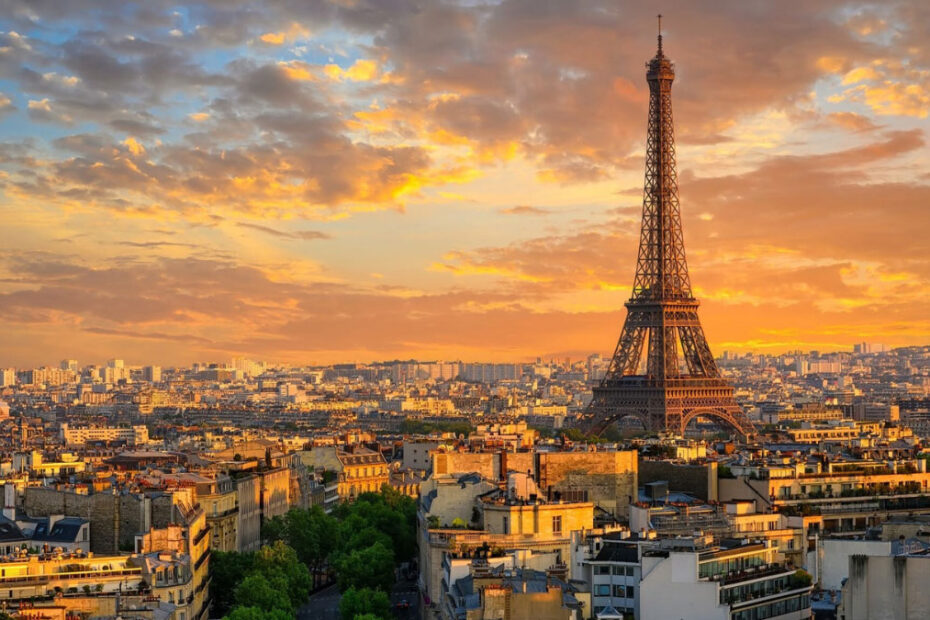Dreaming of your first trip to Paris? The City of Light promises romance, history, and unforgettable experiences. But exploring its charming streets and iconic landmarks can be tricky for first-time visitors. You don’t want to spend your vacation stuck in tourist traps or missing out on the city’s hidden gems.
Key Takeaways
- Learn Basic French Phrases: Master essential French phrases like “Bonjour”, “Merci”, and “S’il vous plaît” to enhance interactions and show respect for local customs.
- Understand Local Etiquette: Greet people properly when entering shops or restaurants and always say “Merci” to exhibit politeness.
- Avoid Tourist Dining Mistakes: Stay away from eateries near major attractions and embrace leisurely dining without rushing service.
- Optimize Transportation: Purchase tickets for attractions and public transport in advance, avoid unnecessary car rentals, and hold onto Metro tickets to steer clear of fines.
- Plan Sightseeing Wisely: Balance popular attractions with hidden gems, book tickets ahead of time, and avoid overly crammed itineraries.
- Manage Finances Smartly: Pre-book tickets, be cautious with credit cards, avoid exchange counters, and opt for tap water to save money.
- Stay Safe: Be alert to common scams, safeguard personal belongings, adhere to pedestrian rules, and choose accommodations in safer areas.
- Dress Appropriately: Dress stylishly yet comfortably to fit in with local fashion and prepare for extensive walking in suitable footwear.
Not Learning Basic French Phrases
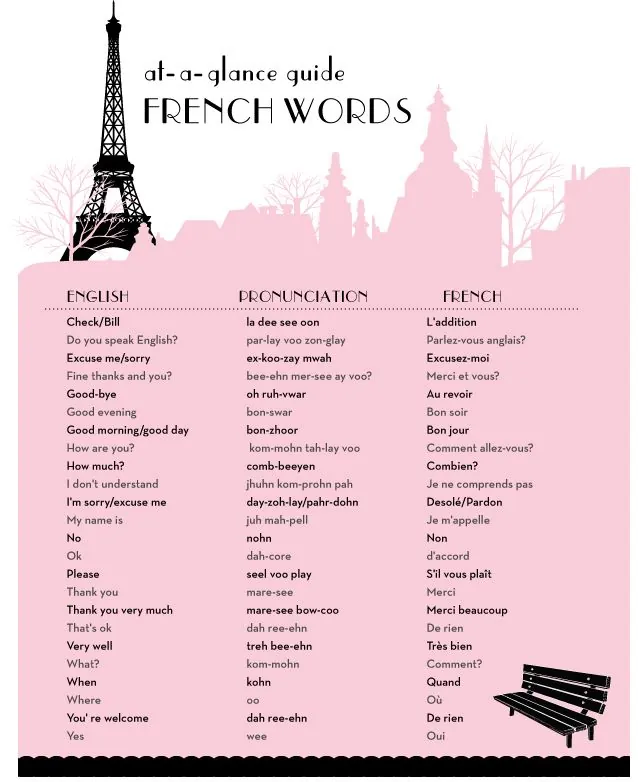
Greeting people in French is crucial for a positive interaction. Using phrases like “Bonjour Madame” or “Bonjour Monsieur” when entering a shop, restaurant, or encountering anyone is considered polite and respectful. Failing to do so can be seen as impolite.
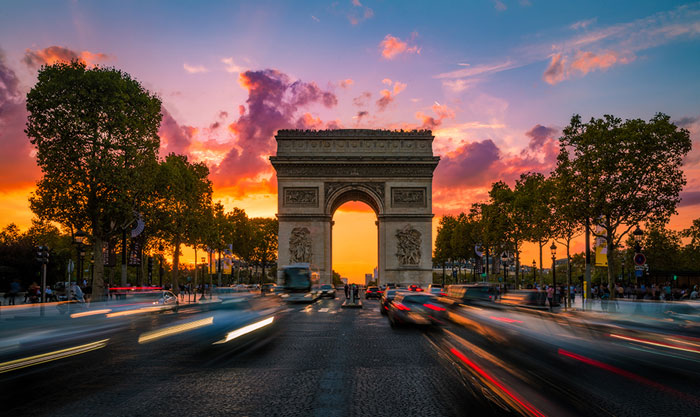
Importance of Greetings
Greetings set the tone for interactions in Paris. By saying “Bonjour Madame” or “Bonjour Monsieur” when you enter a shop or restaurant, you show politeness and respect. This simple act can significantly improve your experience with locals, as it demonstrates an effort to engage in their language and culture.
Basic Phrases
Learning essential phrases can make exploring Paris easier. Words like “merci” (thank you), “s’il vous plaît” (please), and “excusez-moi” (excuse me) can smooth out your interactions. These phrases convey respect and can often result in better treatment from locals. Also, knowing how to say “oui” (yes) and “non” (no) can simplify decision-making processes during your stay.
Practical Use
Numbers play a crucial role, particularly when ordering food. For example, saying “un baguette” instead of just “baguette” ensures you get one baguette without confusion. This small step can prevent misunderstandings and make your dining experience smoother. Learning basic numbers also helps when dealing with prices, whether you’re at a café or a market, allowing you to navigate transactions with ease.
- Greetings: Always start with “Bonjour Madame/Monsieur”.
- Key Phrases: Learn words like “merci”, “s’il vous plaît”, and “excusez-moi”.
- Numbers: Use numbers to avoid confusion when ordering.
Incorporating these simple French phrases into your vocabulary enhances your experience in Paris, making your trip more enjoyable and immersive.
Ignoring Local Etiquette
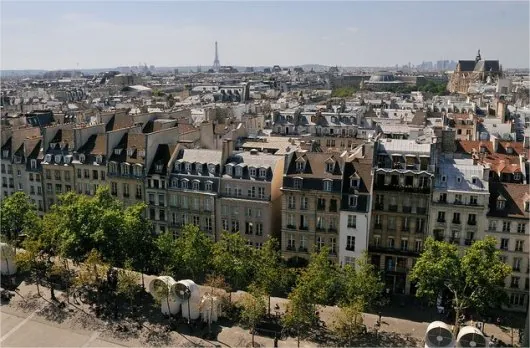
Understanding local etiquette in Paris is essential for a respectful and enjoyable trip. The French value politeness and certain social norms that tourists often overlook. Avoid these common mistakes to make a positive impression.
Not Saying “Bonjour” When Entering Stores
Entering a store or restaurant without greeting the staff is a frequent faux pas. In France, saying “Bonjour” or “Bonsoir” (in the evening) when you enter is a vital part of local etiquette. This simple gesture shows respect and politeness. For example, when stepping into a bakery, greet the shopkeeper with a warm “Bonjour Madame” or “Bonjour Monsieur” to set a friendly tone for your interaction.
Forgetting to Say “Merci”
Failing to say “Merci” when given service, be it at a cafe or a shop, is considered impolite. French culture emphasizes gratitude in everyday transactions. Always remember to thank the waiter after receiving your order or the salesperson after concluding your purchase. Consistently showing appreciation with a “Merci” will enhance your interactions with locals and demonstrate your respect for their customs.
Dining Mistakes
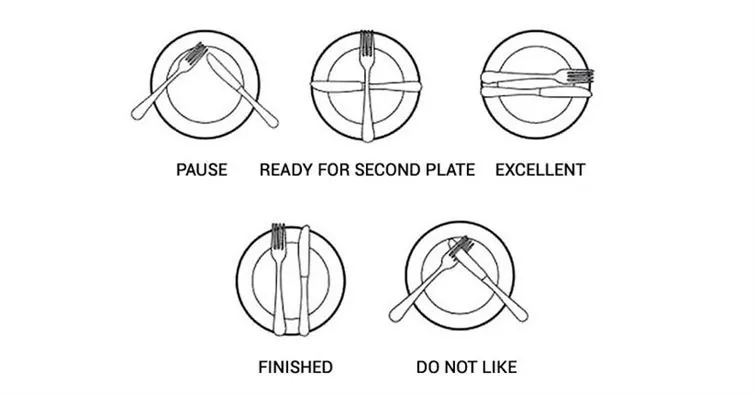
New visitors to Paris often make dining errors. Knowing what to avoid helps you enjoy a more authentic experience.

Eating Near Big Attractions
Avoid restaurants near major tourist spots like the Eiffel Tower or the Louvre. These eateries cater mostly to tourists and often lack genuine French flavors. Local eateries and boulangeries offer a true taste of France. For example, a tucked-away bistro in Le Marais or a bakery in Montmartre could provide delicious, authentic meals without the tourist markup.
Expecting Quick Service in Restaurants
French dining revolves around leisure and enjoyment. Don’t expect quick service; meals are meant to be savored over time. Service can be slower than in other countries, so be patient. Enjoy the ambiance and the opportunity to savor each course thoroughly. Locals often view dining as a social and pleasurable experience rather than a rushed affair.
Over-tipping
Tipping isn’t a big deal in France. Unlike in some other countries, French establishments don’t expect tips. A service charge is usually included in the bill, so anything extra is purely a token of gratitude. Leaving a few coins or rounding up the bill is sufficient. This practice ensures you don’t overspend while also respecting local customs.
Transportation Pitfalls
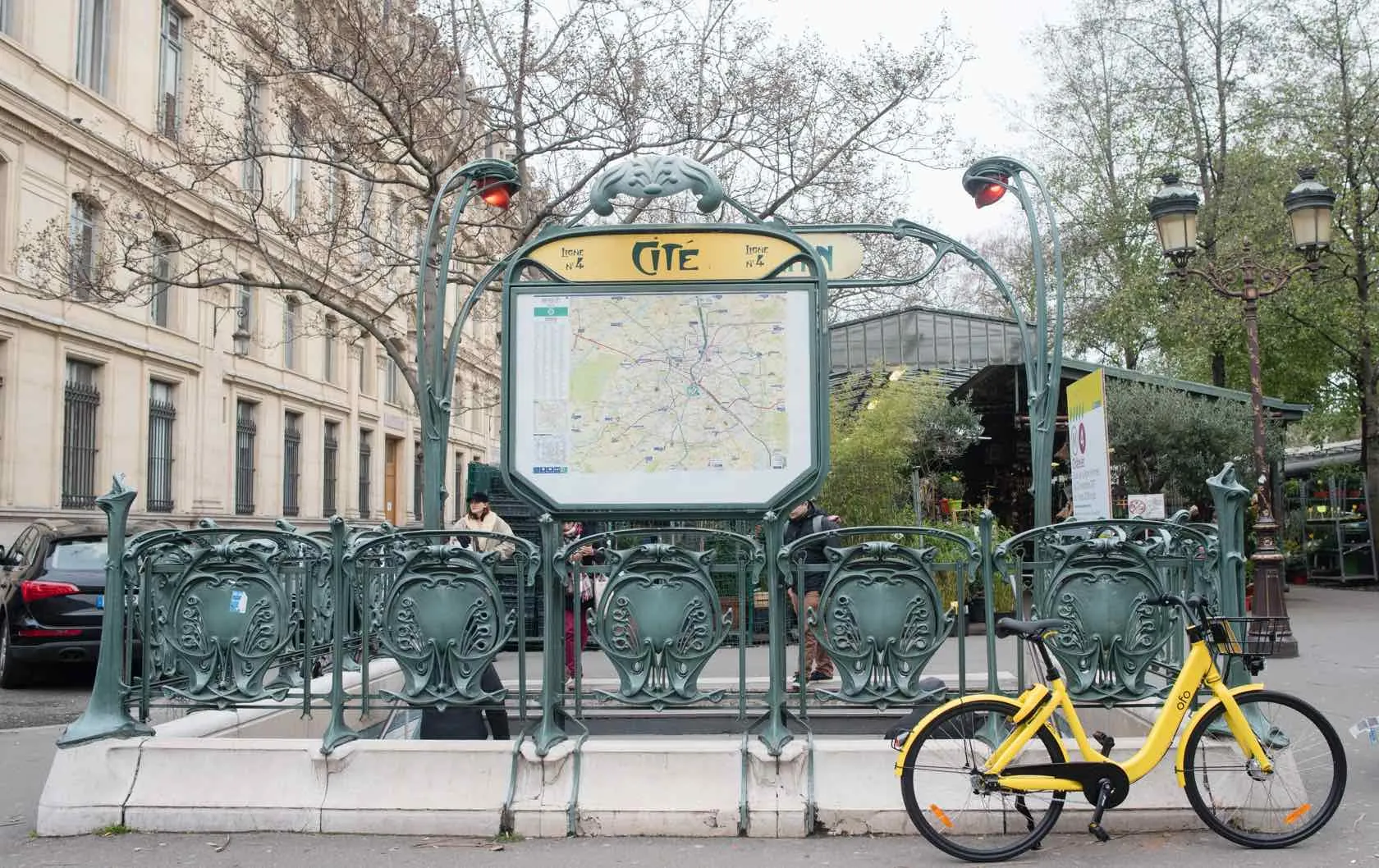
Exploring Paris can be an exciting adventure, but you need to avoid common transportation mistakes to make the most of it. Efficient public transportation can save you time and stress during your visit.
Not Buying Tickets in Advance
Skipping advance ticket purchases for the Metro or major attractions can waste precious time. Queues at popular sights like the Louvre or the Eiffel Tower are notoriously long. Buying tickets beforehand not only helps you bypass long lines but also ensures availability during peak tourist seasons.
Hailing Taxis in the Street
Hailing a taxi on the bustling streets of Paris might seem convenient, but public transportation or ride-sharing apps often offer a better experience. Apps like Uber and Bolt provide clear communication and fare expectations. Many Parisian taxi drivers may struggle with English, complicating directions and fare negotiation.
Throwing Away Metro Tickets
Make sure to keep your Metro ticket until you exit the station. Ticket inspectors frequently patrol the Metro, and failing to produce a valid ticket can result in fines. Holding onto your ticket ensures a smooth journey without unexpected penalties.
Renting a Car
Renting a car in Paris isn’t advisable. The city’s narrow streets, heavy traffic, and scarce parking make driving a hassle. Public transportation options—like the Metro, buses, and trams—are efficient and more affordable. For the occasional out-of-town trip, consider renting a car only when absolutely necessary.
Paris’s public transportation is designed to be user-friendly and efficient. By preparing and opting for convenient options, your travel experience in Paris can be significantly enhanced.
| Transportation Option | Pros | Cons |
|---|---|---|
| Metro | Efficient, extensive routes | Can be crowded during peak hours |
| Ride-sharing Apps | Clear fare, English-friendly | Costlier than public transport |
| Taxis | Direct service | Potential language barrier |
| Car Rental | Independence | Traffic, parking issues |
By understanding these transportation pitfalls, you can navigate Paris effortlessly and focus on enjoying the city’s beauty and culture.
Sightseeing Blunders
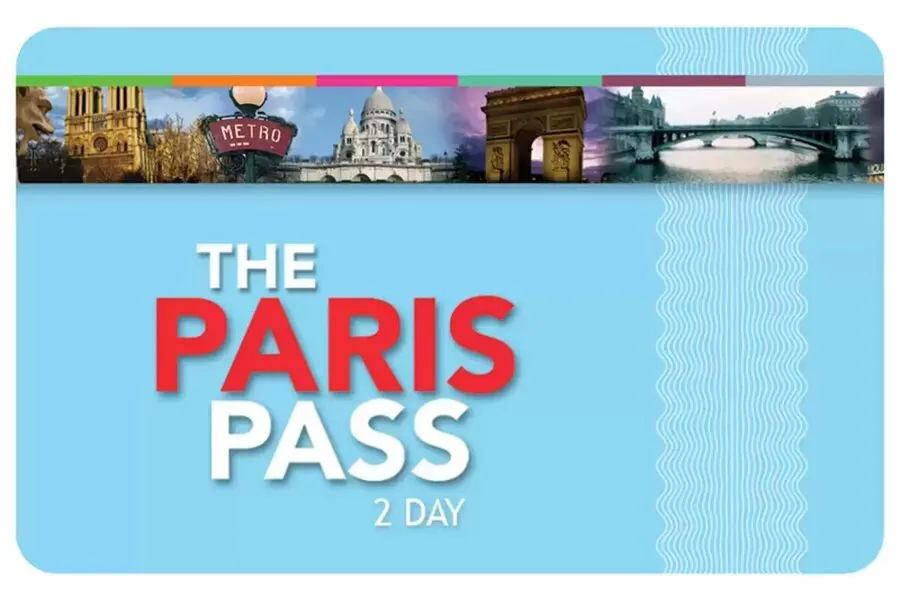
Relying Only on Popular Spots
Visiting only iconic locations like the Eiffel Tower or Louvre diminishes your Parisian experience. While these sites are must-sees, they’re just the tip of the iceberg. Neighborhoods like Le Marais, with its medieval streets and trendy boutiques, showcase daily Parisian life. Venture to Canal Saint-Martin for a relaxing afternoon by the water. For a unique, immersive experience, explore these hidden treasures alongside popular attractions.
Not Booking Attractions in Advance
Failing to book tickets for major attractions can lead to hours spent in line. Purchase tickets online to avoid unnecessary delays. For instance, the Louvre Museum and the Catacombs of Paris offer time-slot tickets for quick entry. The Eiffel Tower also provides skip-the-line tickets, saving precious time. Planning ahead enhances your itinerary and reduces wait times, allowing you to optimize your visit.
Over-scheduling Your Itinerary
Cramming too many activities into one day leaves little room for serendipity. Paris should be savored, not rushed. Dedicate mornings to museums like Musée d’Orsay, and afternoons to leisurely walks in jardins such as Jardin des Tuileries. Leave evening hours for dining at bistros in Quartier Latin. An overly ambitious schedule can hinder truly immersing yourself in Parisian culture and lifestyle.
By embracing a mix of popular and lesser-known spots, booking ahead, and allowing flexibility in your schedule, you’ll enrich your first trip to Paris.
Financial Missteps
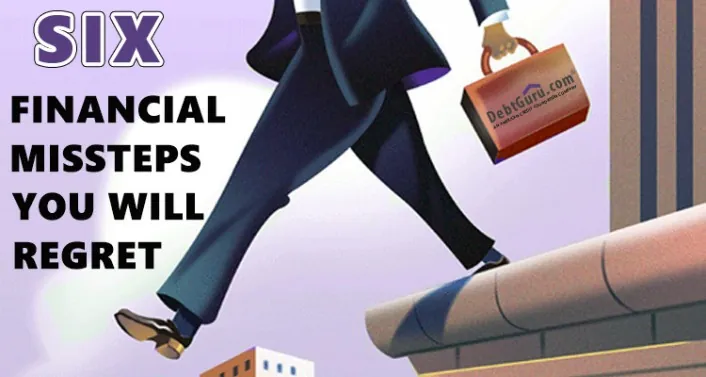
Failure to manage your finances wisely in Paris can lead to unnecessary stress and expenses. Avoid these common financial mistakes to enjoy your trip without very costly.
Overplanning and Overspending
Overloading your itinerary often results in overspending and stress. Include some free time for spontaneous exploration. Overplanning can elevate costs, as last-minute changes typically incur fees.
Buying Tickets on the Day
Do not wait until the day of your visit to purchase attraction tickets. Pre-book tickets for popular destinations like the Louvre to skip long queues and avoid high prices. Online resources offer discounts unavailable at ticket booths.
Using Credit Cards Without Caution
Credit card fees can quickly add up if not managed properly. Some places charge higher fees for foreign transactions. Use credit cards that don’t have foreign transaction fees to save money. Monitor current exchange rates to avoid spending excessively.
Using Exchange Counters
Exchange counters at airports and tourist areas often offer poor exchange rates. Instead, use ATMs to withdraw local currency for better rates. Compare rates from a trusted local bank.
Paying for Water
Always ask for tap water at restaurants or cafes. Tap water is safe and free in Paris. Paying for bottled water is an unnecessary expense.
Safety Concerns
During your first trip to Paris, avoid common mistakes to ensure a safe and enjoyable experience.
Falling for Tourist Scams
Tourist-heavy areas in Paris often attract scam artists. Avoid getting drawn into street games like the three-cup monte, found near popular attractions. Scammers using this game engage you with seemingly simple rules but collaborate with accomplices to cheat you. If approached by someone asking for help or offering unsolicited help, remain cautious. Keep your interactions polite but distant.
Not Being Mindful of Belongings
Pickpocketing is common in crowded places like the Metro, tourist attractions, and popular shopping areas. Keep valuables secure in zipped bags and carry them in front of you. Consider using an anti-theft backpack. Avoid displaying expensive items like jewelry and smartphones openly. Always be aware of your surroundings, especially in busy areas. Knowing these simple precautions can help protect your belongings.
Crossing Roads
Pedestrian crossings in Paris are busy. Always wait for the green light before crossing streets. Jaywalking or crossing at red lights can be dangerous due to heavy traffic. Crosswalks with signals ensure both pedestrian and driver safety, so stick to these designated areas.
Staying in Suitable Areas
Choose accommodations wisely. Avoid parts of the 18th and 19th arrondissements as they might not be as safe for tourists. Opt for areas like the Marais, Saint-Germain-des-Prés, or the Latin Quarter for a safer and more welcoming stay. Research your accommodation’s neighborhood to ensure a pleasant experience.
General Awareness
Being aware of your environment helps you stay safe. In crowded locations, stay alert to unusual activity. If you suspect you’re being followed or targeted, seek assistance from local authorities. Knowing emergency contact numbers, like 17 for police, is helpful.
Following these recommendations will help you avoid common safety pitfalls during your Parisian adventure.
Attire and Presentation Errors
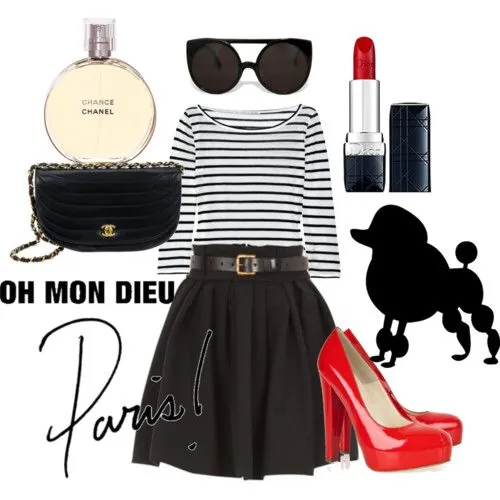
In Paris, making a great impression starts with your attire and presentation. Understanding local customs in clothing can enhance your experience and show respect for the city’s culture.
Dressing Too Casually
Paris has a reputation for its impeccable fashion sense. Dressing too casually can make you stand out negatively. The city values stylish yet understated attire. When visiting restaurants, cafes, or cultural attractions, opt for well-fitted and polished clothing. For example, choose tailored pants, elegant blouses, or well-pressed shirts instead of overly casual tees or excessive athleisure. Avoid sloppy garments like baggy sweats or overly worn sneakers. This approach will help you blend in comfortably while respecting local norms.
Wearing Uncomfortable Shoes
Exploring Paris on foot offers the most immersive experience. Wearing uncomfortable shoes, though, can make this difficult. Pack and wear versatile footwear suitable for long walks. For instance, leather loafers or quality sneakers are excellent choices, as they provide both comfort and style. Sandals with good arch support can be a great option during warmer months. Avoid high heels or flimsy sandals that aren’t practical for Paris’s cobblestone streets and extensive walking. Comfortable footwear will make your explorations more enjoyable and allow you to take in the city’s beauty without discomfort.
Conclusion
Your first trip to Paris can be truly magical if you’re well-prepared and aware of common pitfalls. By embracing local customs, mastering key phrases, and understanding the nuances of dining and transportation, you’ll enrich your experience and connect more deeply with the city. Remember to balance your itinerary with both iconic landmarks and hidden gems, allowing for spontaneous moments that make your journey unique. Stay mindful of your finances and safety, and dress appropriately to blend in with the stylish Parisians. With these tips in mind, you’re set for an unforgettable adventure in the City of Light.
Frequently Asked Questions
Should I carry my passport with me in Paris?
Yes, all foreign visitors must carry identification in the form of a passport or national identity card. French police may require you to show identification at any time.
How to not dress like a tourist in Paris?
Avoid baseball caps, white socks, sneakers, large colorful backpacks, and fanny packs. Instead, opt for dark skinny jeans, plain shirts without logos, and leather shoes. Use tote bags or earth-toned bags to blend in with the locals.
What to wear on the plane to Paris?
Layers are key for comfortable flying regardless of the season. Bring a jacket, shawl, or cardigan for additional warmth. If wearing a dress or skirt, pack leggings in your carry-on to put on if the cabin gets cold.
What is the etiquette in Paris?
Politeness is crucial in Paris. Always greet with “Bonjour” (hello), say “Merci” (thank you), and “Au revoir” (goodbye) when leaving. These small gestures are essential for positive interactions.
How do you go to the bathroom in Paris?
Paris has 400 public toilets, free since 2006, located throughout the city. They mostly operate from 6 AM to 10 PM, with 150 open 24/7. All are accessible to people with disabilities.
Should I learn basic French phrases for my trip?
Yes, knowing basic French phrases like “Bonjour Madame/Monsieur,” “Merci,” “S’il vous plaît,” and “Excusez-moi” can significantly enhance your interactions with locals and make your trip more enjoyable.
Should I avoid eating at restaurants near major tourist attractions?
Yes, it’s advisable to avoid restaurants near major tourist spots like the Eiffel Tower or the Louvre as they often cater to tourists and may lack authentic French cuisine. Seek out local eateries and boulangeries for genuine flavors.
Should I tip in Paris?
Tipping is not a major practice in France as service charges are usually included in the bill. Leaving a small token of gratitude, such as rounding up the bill, is sufficient.
What is the best way to get around Paris?
Using public transportation, like the Metro, is recommended. Purchase tickets in advance to avoid long lines. Ride-sharing apps like Uber are preferable to taxis for clear communication and fare expectations.
Are there safer neighborhoods in Paris to stay?
Yes, neighborhoods like Le Marais and the Latin Quarter are considered safer. Always choose accommodations that are well-reviewed for their safety standards.
How should I handle money matters in Paris?
Plan your finances to avoid overplanning and unnecessary expenses. Pre-book attractions to skip lines and use credit cards with no foreign transaction fees. Withdraw local currency from ATMs rather than exchange counters at airports.
How can I dress appropriately in Paris?
Dress stylishly yet understated. Opt for well-fitted, polished outfits for dining or cultural visits. Wear comfortable shoes, such as versatile footwear that balances comfort and style, to navigate the city’s cobblestone streets.

